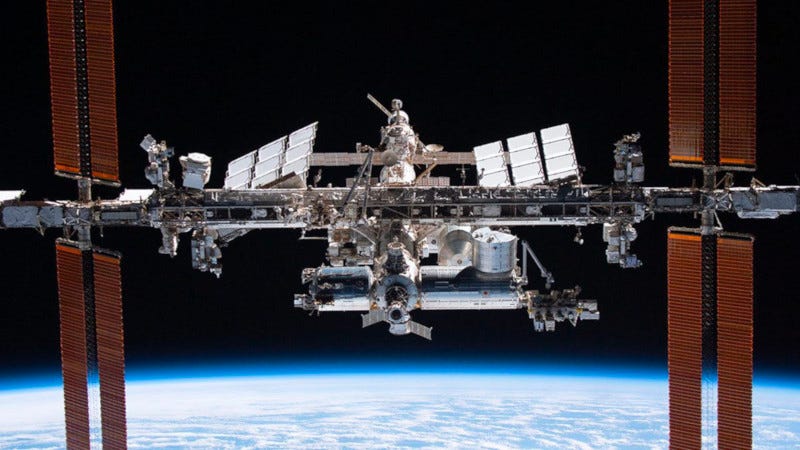A new potable water system has been deployed aboard the International Space Station (ISS). The Exploration Potable Water Dispenser (xPWD) developed by Leidos is the culmination of nearly three years of design, development, testing and certification work performed by Leidos as part of NASA’s Cargo Mission Contract (CMC).
“This achievement is designed to enable astronauts to sustain quality water in space, while supporting a healthy environment for them to focus on their research.”
Grant Kim, Leidos
“Leidos is devoted to solving some of the toughest challenges in space exploration through innovation and determination,” said Grant Kim, Senior Vice President and Operations Manager at Leidos. “This achievement is designed to enable astronauts to sustain quality water in space, while supporting a healthy environment for them to focus on their research.”
The xPWD provides potable-quality water at the proper temperature for both food and beverage rehydration. The updated unit design features the ability to transmit health and status telemetry data to assess overall system performance and allow for system updates through ground commanding. It includes efficient plumbing line architecture and the development of a novel Thermal Expansion Device. This allows for fluid thermal expansion without the use of a bellows or reservoir, which are known places for formation of Biofilm and microbial proliferation.
The xPWD also features a chemical-free Ultraviolet reactor. This addition, designed by AquiSense Technologies, performs point-of-use water disinfection utilizing UV-C LED technology. The UV-C LED reactors enable longer operational lifespans, eliminating the need for frequent servicing or replacement. This is a critical advantage for long-duration missions that last years.
Leidos completed the assembly and certification of the xPWD in December 2022. It delivered the unit for launch on the NG-19 Cygnus spacecraft, which successfully lifted off on August 1, 2023. The xPWD was deployed in its final location aboard the ISS on August 30, 2023, and has since been fully operational serving crew potable water needs.





